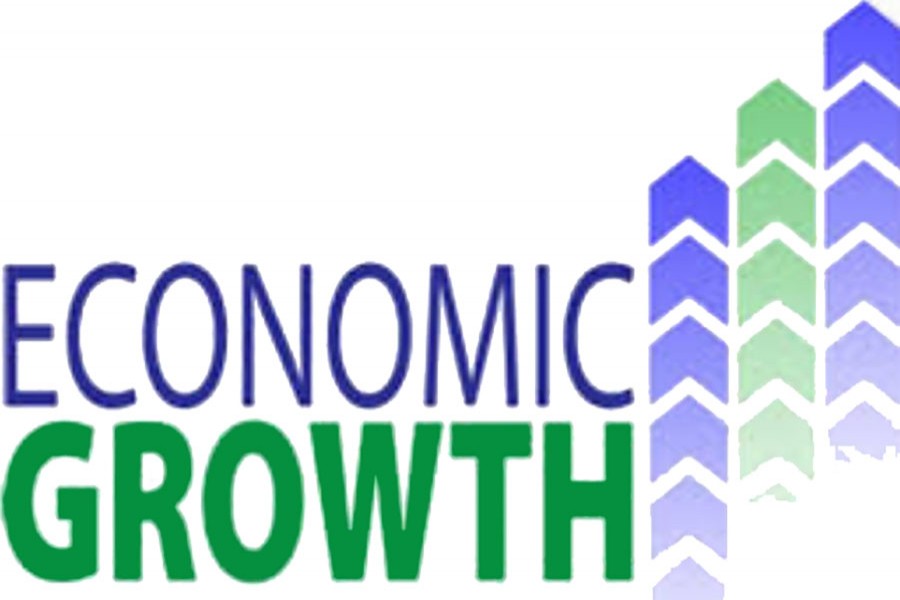Sub-Saharan African economic growth is expected to rise to 3.4 per cent in next year from 2.6 per cent in 2017, International Monetary Fund (IMF) said in a report on Monday.
The IMF warned that rising debt and political risks in larger economies would weigh down future the growth.
Nigeria and South African are the biggest economies in Africa south of the Sahara, but both nations have been clouded by political uncertainty linked to the tenure of their leaders, reports Reuters.
The IMF said a good harvest and recovery in oil output in Nigeria would contribute more than half of the growth in the region this year.
On the other hand, an uptick in mining and a better harvest in South Africa as well as a rebound in oil production in Angola will add to the growth of the region.
But political uncertainty loomed large in Nigeria, where President Muhammadu Buhari is afflicted by illness, causing speculation about whether he is well enough to run Africa’s biggest economy.
South Africa has been clouded by the rule of Jacob Zuma, who has battled scandals, including corrupt allegations ahead of his ANC party’s conference in December to elect a new party leader.
Inflation pressures are easing in east Africa, which was hit by drought and the governments there increased maize imports to cut food prices. But in other places like Zimbabwe the high cost of imports is raising price pressures.


